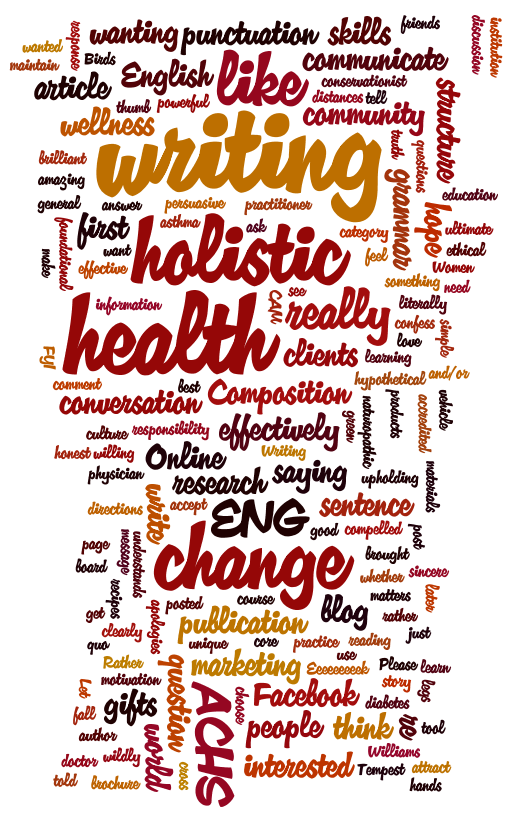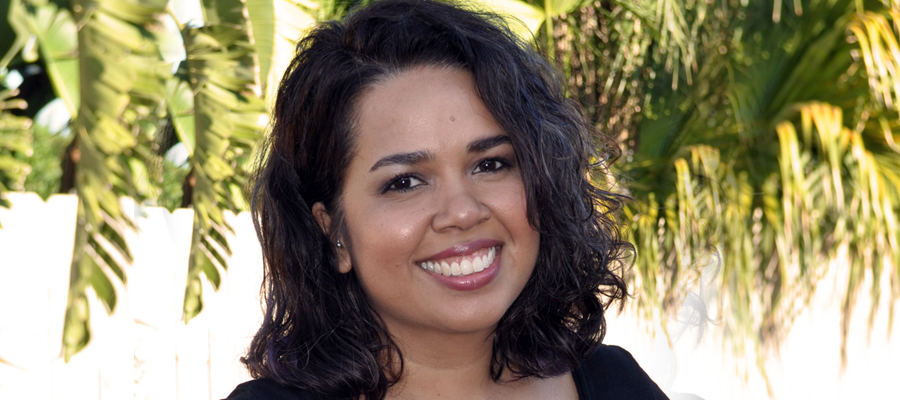
We read the newspaper most mornings, looking for developing research and holistic health news that might be of interest to you. Today our review turned up something of special interest. Did you see the syndicated article by Drs. Oz and Roizen, "Be wary picking herbal cures," in your local paper?
On first read, the article takes on a surprisingly cagey tone about today's growing "appetite" for alternative cures. Sure, some herbal supplements trend more than others. But, that does not mean herbal supplements are a trendy fad to be discounted or fearful of. As herbalists, holistic health practitioners, and holistic nutritionist around the world know ... herbs, the basis of herbal supplements, have successfully been used across the globe and many traditions of natural medicine for thousands of years.
However, once the article moves past this word play, Drs. Oz and Roizen do raise several interesting points about your wellness dollars and how to select herbal supplements to increase your chances of a healthy return on your investment. We work hard for our money (happily, as we get to work with all of you!), and we know that you do, too. So, when you're getting ready to purchase herbal supplements (whether you are familiar and experienced with the products or not), it is important to choose wisely.
Here's a summary of the doctors' tips for selecting herbal supplements:
- Choose herbal supplements with well-researched and well-documented efficacy. They recommend the Cleveland Clinic Wellness website's Supplement Review as a guide. We'd also add the Natural Standard database (which is a paid service) and the National Center for Complementary and Alternative Medicine (NCCAM) website.
- Carefully check the available science (this goes with #1). There is a lot of contradictory information, and misinformation, widely available online, especially if you include marketing websites. In general, when you research herbal supplements avoid marketing websites, which may have a stake in the results they report, as well as pharmaceutical websites. Whenever possible, locate non-biased, third-party research. We recommend to our herbal medicine and holistic nutrition students at ACHS to focus on research available through peer-reviewed journals and websites. You can find many free full-text articles on PubMed, for example.
- Always consult with your primary care physician, naturopathic doctor, holistic nutritionist, or Registered Herbalist before making any changes to your health and wellness routine, including the addition or elimination of herbal supplements from your daily diet. Herbs, though highly effective, are powerful and can have contraindications or herb-drug interactions with specific medications. Therefore, you always want to consult with a trained professional (and make sure to tell him/her everything you are taking), to ensure your are making the best decision for optimal health and wellness.
When used correctly, herbs and herbal supplements can be very effective. But, they can also be very powerful, so take the opportunity to educate yourself before making a decision one way or the other on your personal use of herbal products. Herbal products are not a one-size-fits-all "solution." Rather, a person's optimal wellness is very individual and personal, and should be treated as such. So, when an opportunity to further educate yourself on your body and your health needs presents itself, we hope you'll take it!
Where do you go to find reliable information on herbal supplements? Post your best research tips here!
Oz, M. & Roizem, M. (10 October 2012). "Be wary of picking herbal cures." The Oregonian: p C1.
Note, this information has not been reviewed by the FDA. This information is intended for educational purposes only, and is not intended to treat, cure, prevent, or diagnose disease. Always consult with your primary care physican or naturopathic doctor before making any significant changes to your health and wellness routine.





